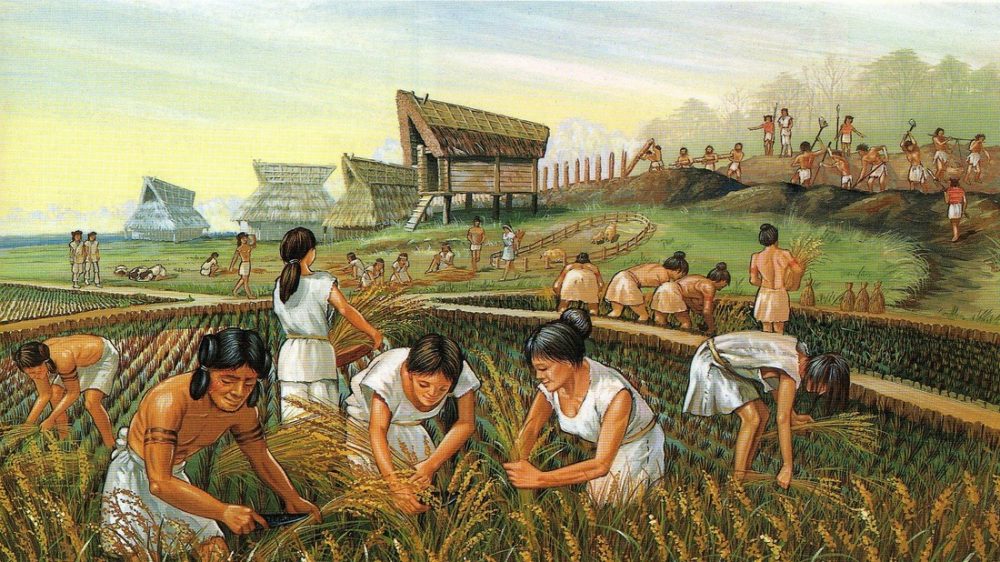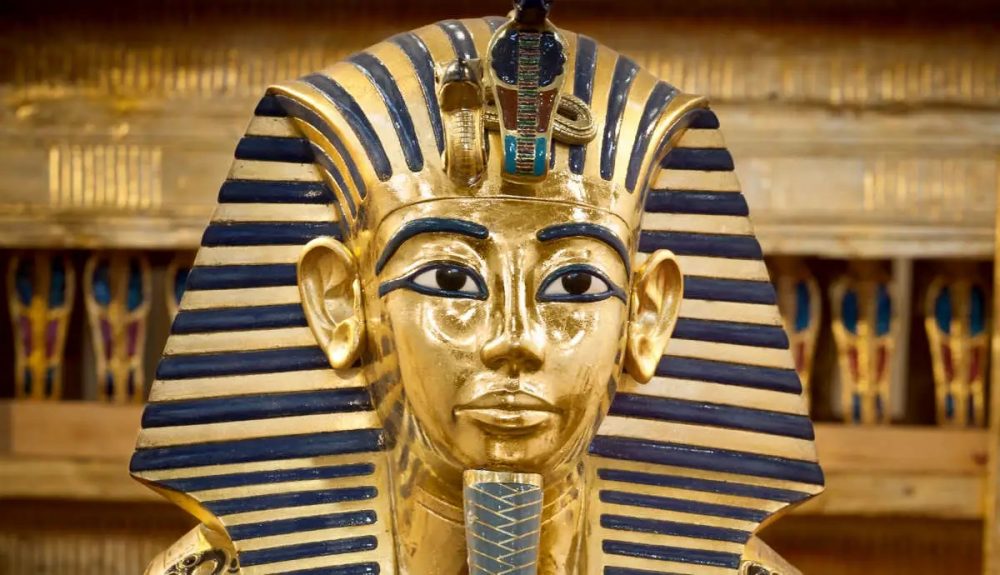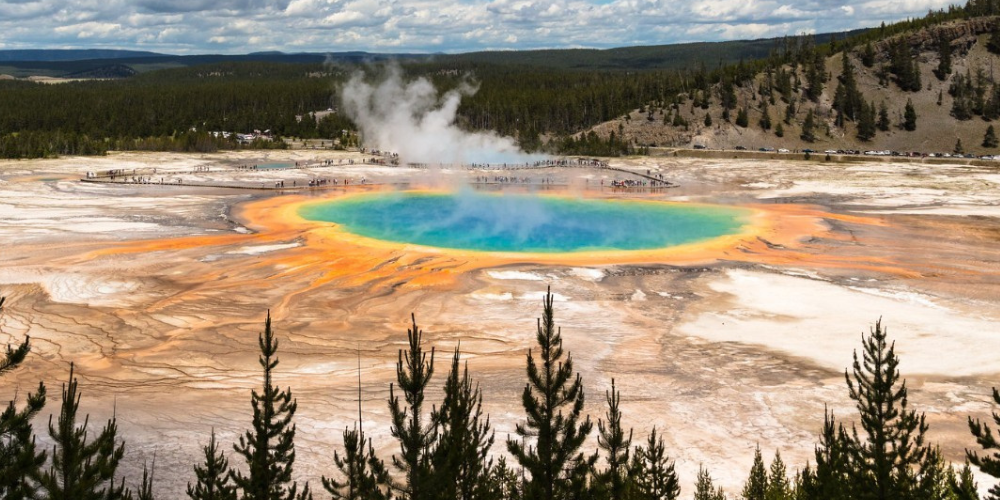Yes, we know that's an odd question, but funnily enough, we also know most of you wouldn't have thought about it.
You might be surprised to know that bacteria have been calling our intestines home for ages. Some even belong to a time before modern humans existed.
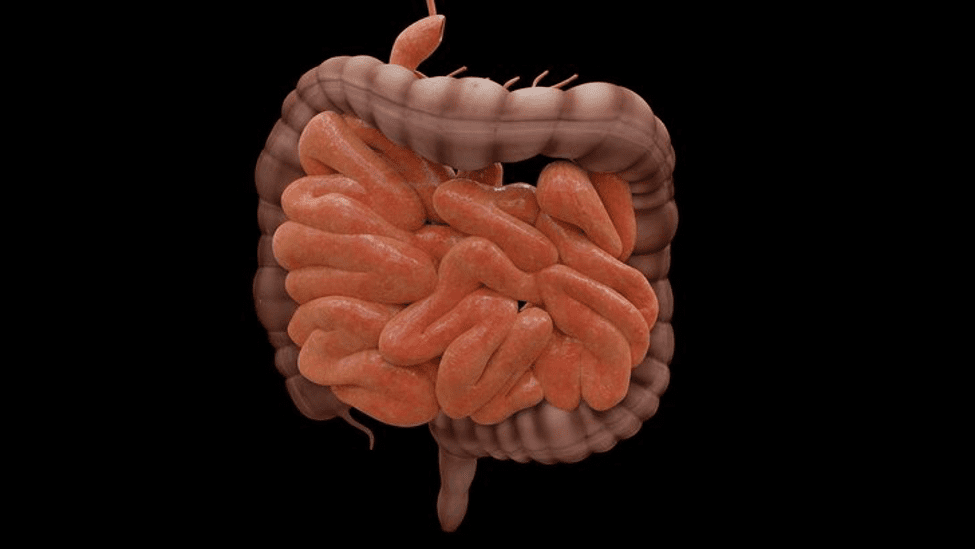
Jim Coote/Pixabay | You might be surprised to know that bacteria have been calling our intestines home for ages
Until now, we were only aware of gut bacteria impacting our immune system and, to some extent, our mood and behavior. But a recent study published in the journal Science shows exactly when these bacterias might have settled in our bodies.
What does the study reveal?
Earlier, when scientists tried to study gut bacteria in humans and apes, they could only compare the different types in both groups' bodies. But in the current study, they’ve been able to identify individual types of bacteria.
On examining the similarities between the guts of humans and a few subspecies of gorillas, bonobos, and chimpanzees, they found the bacteria colonized in the intestines of the two groups' common ancestor around 15 million years ago. That means Bacteroidaceae and Bifidobacteriaceae (two bacteria found in humans and apes) have been living in our bodies for centuries now.
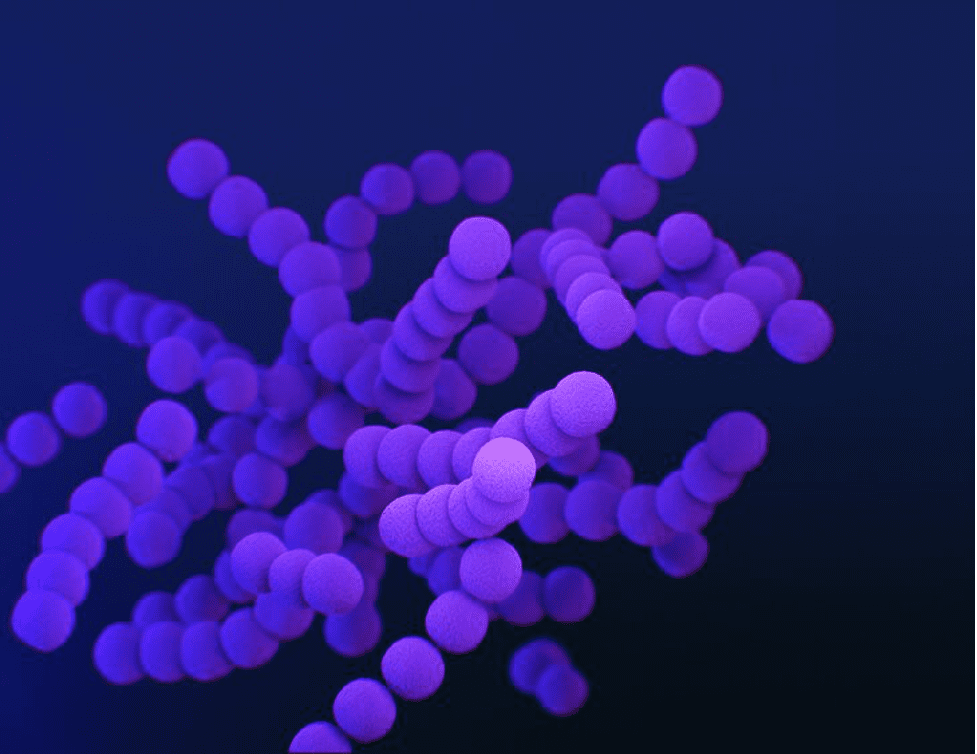
CDC/Unsplash | Comparisons between the guts of humans and apes have revealed that certain bacteria have lived in human and ape guts for centuries
Andrew Moeller, co-author of the study and a Postdoctoral Researcher at the University of California at Berkeley, says that just like chimpanzees have been our ancestors for the past 6 million years, their gut bacterias have been our gut bacteria’s ancestors for the same time. He continued that the same scenario exists in the case of human and gorilla gut bacteria. The only difference here is the time, which dates back to around 15 million years.
Another co-author of the study and Professor of Integrative Biology at the University of Texas, Howard Ochman, revealed that the previous findings helped them identify an animal species solely based on their gut bacteria. He guaranteed that if today they came across a sample of chimpanzee bacteria, he could easily differentiate it from a human sample.
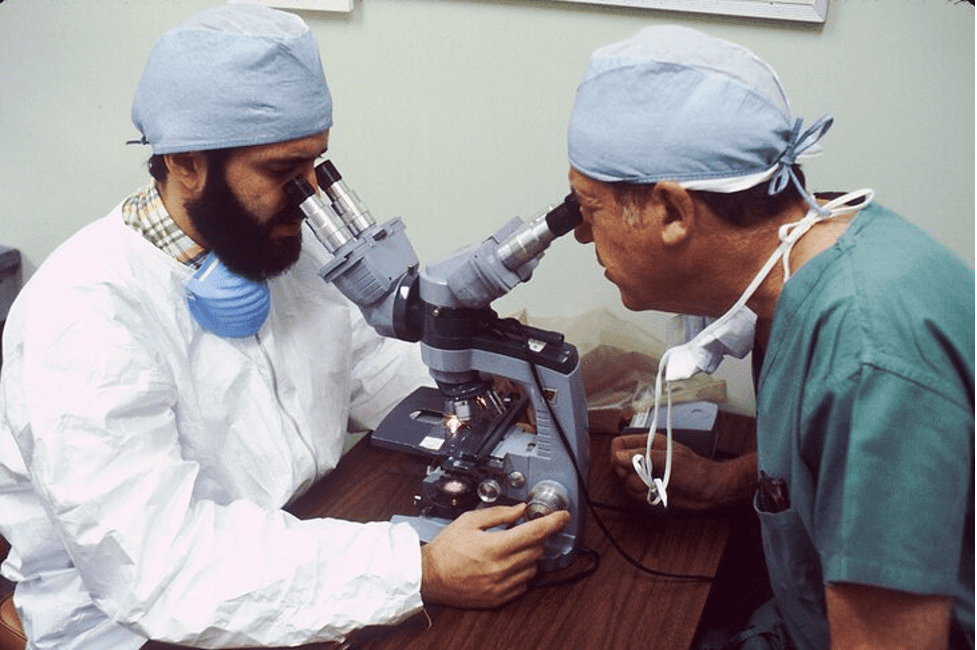
FotoshopTofs/Pixabay | Some experts claim that the evolution of bacteria could have played a crucial part in establishing new species of microbes
Truth uncovered
Many previous studies have opined that people's diet, geographical location, and medical history have been the reason behind the diversity in their gut bacteria. But now, it seems the evolution of bacteria could have played a crucial part in establishing new microbes. Citing an example of the same, Moller said, just like our genes passed down through generations, our gut bacteria also passed down.


